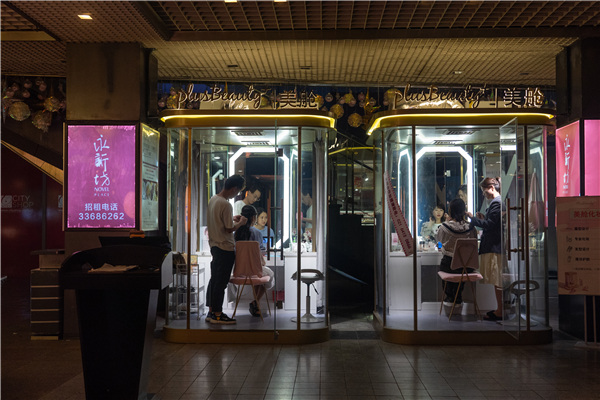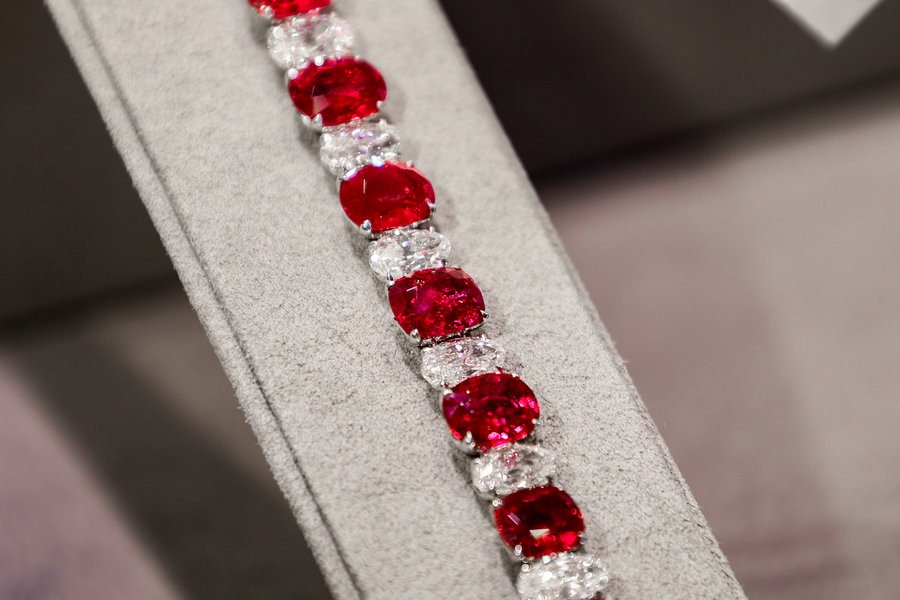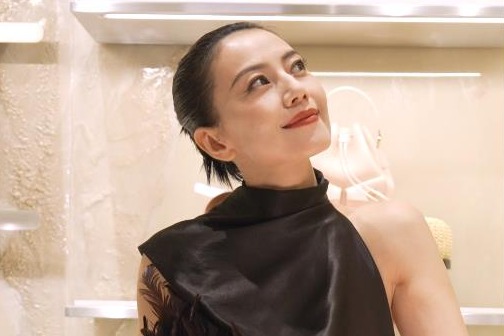Getting a professional makeover on the go


Makeup services are not the only revenue generator for Plus Beauty. The company has compiled consumer insights from more than 20,000 customers as part of its collaboration with Chinese e-commerce giant Tmall to develop new products for the cosmetics brands on the platform. It has also partnered with web celebrities who livestream their makeup sessions from their booths. Plus Beauty then takes a commission from the sales generated from these livestreams.
Rapid expansion is on the cards, too. Fu says that she is aiming to open 2,000 booths in Shanghai and other cities including Beijing, Chengdu and Guangzhou within the next three years.
Another entrepreneur making inroads in this "beauty sharing economy" segment is Han Shuqi, the founder of 17 Beauty Box. Established in Beijing around the same time as Plus Beauty, the company's business model differs slightly in that the booths are all self-service. Customers make an online reservation and gain access to the booth after scanning a QR code upon arrival.
Dermatologists and independent makeup artists have raised hygiene concerns about sharing makeup brushes and tools. The founders from both companies have claimed that they have adopted strict procedures for sterilizing tools and disposing of non-reusable items.
According to Euromonitor, China is now the world's second-largest cosmetics market after the United States, with premium brands enjoying particularly robust growth.
Statistics from the Qianzhan Industry Research Institute have also shown that China's cosmetics market nearly doubled in size from 2012 to 2017, reaching 251.4 billion yuan at the end of 2017. Further growth is expected, with the market estimated to be worth 400 billion yuan by 2020.
Tang Xiaofan contributed to the story.



































